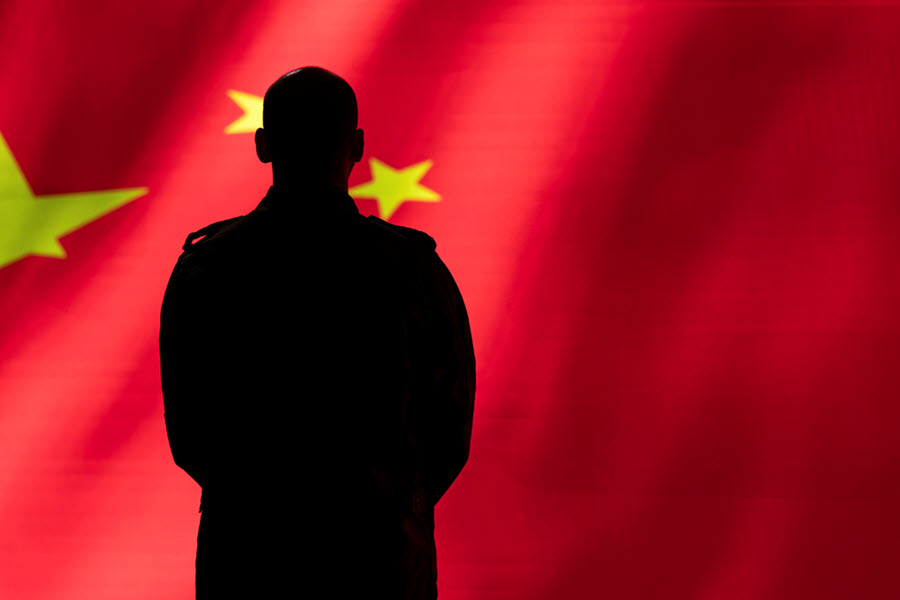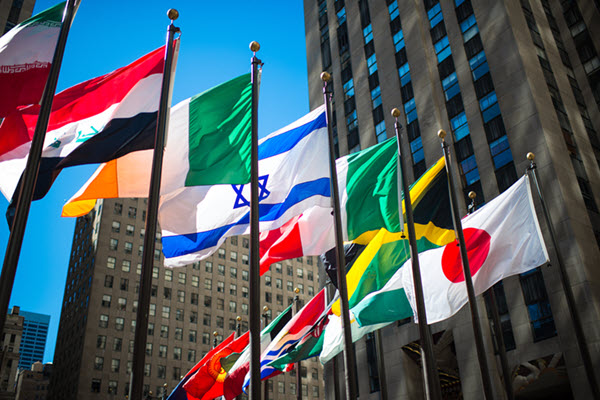The debate surrounding TikTok, one of the world’s most popular social media platforms, transcends user engagement and entertainment. It delves into pressing legal issues, from national security and data privacy to international trade and First Amendment rights.
The prospect of a TikTok ban and its subsequent reinstatement raises critical legal questions that could shape the future of tech regulation in the United States and globally.
In this article, we’ll explore the legal implications of banning TikTok, the legal pathways to reinstating it, and the broader consequences for technology companies, governments, and individual users.
Background: TikTok in the Crosshairs
TikTok, owned by the Chinese company ByteDance, has faced scrutiny from governments worldwide due to concerns about data privacy and national security. The U.S. government has been particularly vocal, citing potential risks associated with Chinese government access to user data. This scrutiny led to calls for a ban during both the Trump and Biden administrations, making TikTok a focal point of geopolitical tension.
Key Legal Concerns:
- National Security: Allegations that TikTok collects sensitive user data that could be accessed by the Chinese government under Chinese national security laws.
- Data Privacy: Questions about whether TikTok complies with stringent data protection regulations, such as the General Data Protection Regulation (GDPR) in Europe or California’s Consumer Privacy Act (CCPA).
- First Amendment Rights: TikTok users and creators argue that banning the platform infringes on free speech and expression.
Legal Basis for a TikTok Ban
1. International Emergency Economic Powers Act (IEEPA)
The U.S. government has previously invoked IEEPA to justify actions against TikTok. Under this law, the president has broad authority to regulate economic transactions during national emergencies. A TikTok ban could be framed as a necessary measure to protect national security, but this raises questions about the limits of executive power.

2. CFIUS Investigations
The Committee on Foreign Investment in the United States (CFIUS) reviews transactions that could pose risks to national security. ByteDance’s acquisition of Musical.ly (the predecessor to TikTok) was retroactively scrutinized, leading to demands for TikTok to divest its U.S. operations.
3. State-Level Bans
Several states have imposed restrictions on TikTok for government employees. While these actions have limited reach, they underscore the broader tension between state and federal authorities in regulating technology platforms.
Legal Challenges to a Ban
Efforts to ban TikTok have faced significant legal obstacles:
- First Amendment Lawsuits
TikTok and its creators have argued that banning the platform violates free speech rights. Courts are likely to scrutinize whether a ban is narrowly tailored to address national security concerns or if it overly restricts lawful expression. - Due Process Claims
TikTok has argued that it was not given sufficient notice or opportunity to respond to allegations before facing potential bans or forced divestiture orders. - Commerce Clause Considerations
A ban that disrupts interstate commerce could face challenges under the Commerce Clause of the U.S. Constitution, especially if state-level bans conflict with federal policies.
Implications of Reinstatement
Reinstating TikTok, either through legal victories or negotiated settlements, presents its own set of legal and regulatory issues:
1. Revised Data Localization Requirements
To address privacy concerns, ByteDance may be required to store U.S. user data domestically under the oversight of American companies or third-party auditors.
2. Corporate Governance Changes
TikTok’s reinstatement could depend on structural changes, such as creating an independent board with no ties to ByteDance or the Chinese government.
3. Precedent for Tech Regulation
A reinstatement could establish guidelines for how governments approach foreign-owned tech companies, balancing national security with free market principles.
Broader Legal and Geopolitical Consequences

1. Impact on International Trade Law
A TikTok ban or reinstatement could set a precedent for using trade policies to target specific companies, potentially violating World Trade Organization (WTO) rules. Retaliatory measures from other nations could escalate trade disputes.
2. Tech Companies in the Spotlight
If TikTok is banned or heavily regulated, other platforms with foreign ownership could face similar scrutiny. This could lead to a patchwork of legal requirements that complicate global operations for tech companies.
3. Public-Private Collaboration
The TikTok saga highlights the need for stronger collaboration between governments and private companies to address cybersecurity and privacy concerns without resorting to outright bans.
Potential Future Legal Issues
As the TikTok controversy continues, several unresolved legal questions remain:
- Can TikTok Be Regulated Without Violating Free Speech?
Striking a balance between protecting national security and preserving individual rights will be a persistent challenge. - Will U.S. Courts Uphold a Ban Based on Speculative Threats?
Courts may demand more concrete evidence of harm to national security rather than relying on hypothetical risks. - Could Legislative Action Provide a Long-Term Solution?
Congress could enact new laws specifically addressing the regulation of foreign-owned apps, providing clarity for both companies and regulators.
Navigating a Legal Tightrope
The legal implications of banning and reinstating TikTok extend far beyond the platform itself. They touch on fundamental questions about the scope of executive power, the balance between national security and free speech, and the evolving role of governments in regulating technology.
As the TikTok case unfolds, it will serve as a litmus test for how democracies address the challenges posed by globalized digital platforms. Companies, policymakers, and users alike must navigate this complex legal landscape with care, ensuring that actions taken today do not compromise innovation, privacy, or fundamental freedoms in the future.
